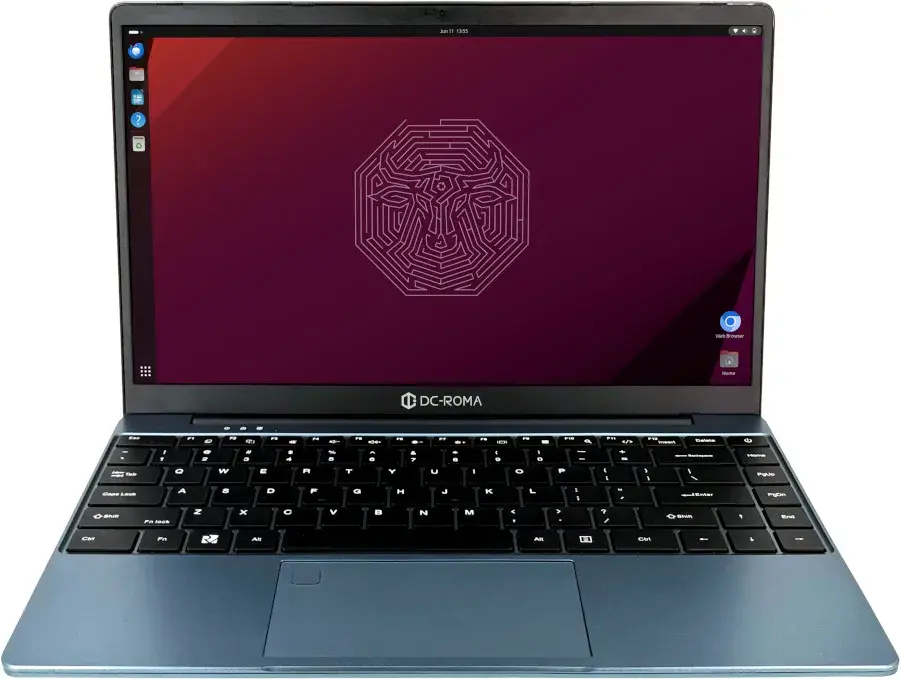heads up the GPU drivers are proprietary as of posting:
The SpacemiT K1 also doesn’t have any upstream open-source graphics driver as another disappointing aspect.
That’s a huge deal breaker. If that’s not resolved by launch they should be ashamed to put their name behind it.
Don’t let perfect be the enemy of the good.
If the product doesn’t fit your needs, don’t buy it. But we’re not going to get a completely open source laptop that competes with mass market options at the same price over night.
That’s not really a relevant argument here. One of the massive benefits of RISC-V is the lack of proprietary instruction sets.
But we’re talking about the supply chain for a GPU that is compatible with this new RISC-V main board that is also good enough to compete with another laptop at the same price point (looks like it’s an IMG BXE-2-32).
That’s what I’m saying, we’re on the right path, but we’re not going to get there over night. If you want a working viable daily driver today, there are some compromises that have to be made still.
Bummer
Are there any companies making discrete laptop graphics that don’t have proprietary drivers? I don’t think I’ve ever seen an AMD powered laptop unless it used an APU. I shudder to think of what proprietary Linux drivers from a company less resourced than Nvidia are like.
I don’t think I’ve ever seen an AMD powered laptop unless it used an APU.
There’s at least 4 on AMD’s website, so they do exist but they don’t seem very common.
Also Intel has laptop chips, but I’m not sure if it’s actually discrete or just another die on the CPU.
Oh snap!
Doesn’t look like it’s ready for prime time. Probably only an option for RISC-V developers.
Yeah I think RISC-V is probably still about 10 years away from being a sensible choice for a laptop. There’s a load of platform stuff around things like ACPI and Device Tree that’s still being decided. Also some ISA extensions that are standard on x86/ARM are either unratified or very recently ratified (e.g. Vector).
For microcontrollers it’s ready now, and for server applications it’s probably doable now and will be solid in a few years. Laptops & phones will be last though.
Do you think it’ll be able to play Minecraft?
Who cares? It’ll for sure play Doom!
haha, of course. Only the best!
Would need a decent port of JDK to RISC-V.
Yeah, last time I tried this it was on POWERPC. And almost every version of JRE was interpreter mode only.
This their chance to use coreboot, but knowing canonical, they probably won’t.
Fuck yeah, I’m really hyped about getting some solid ARM support. I want that battery life.








